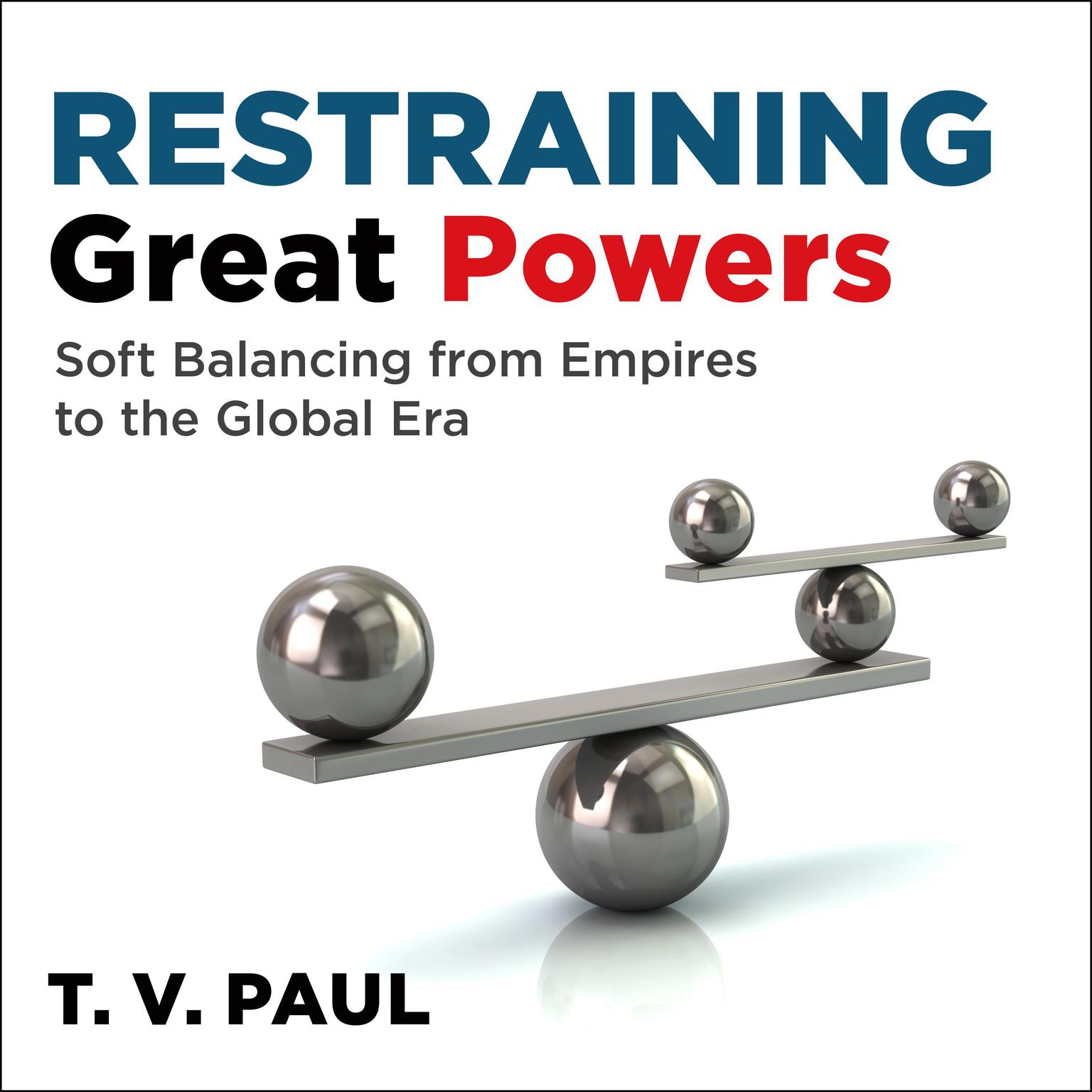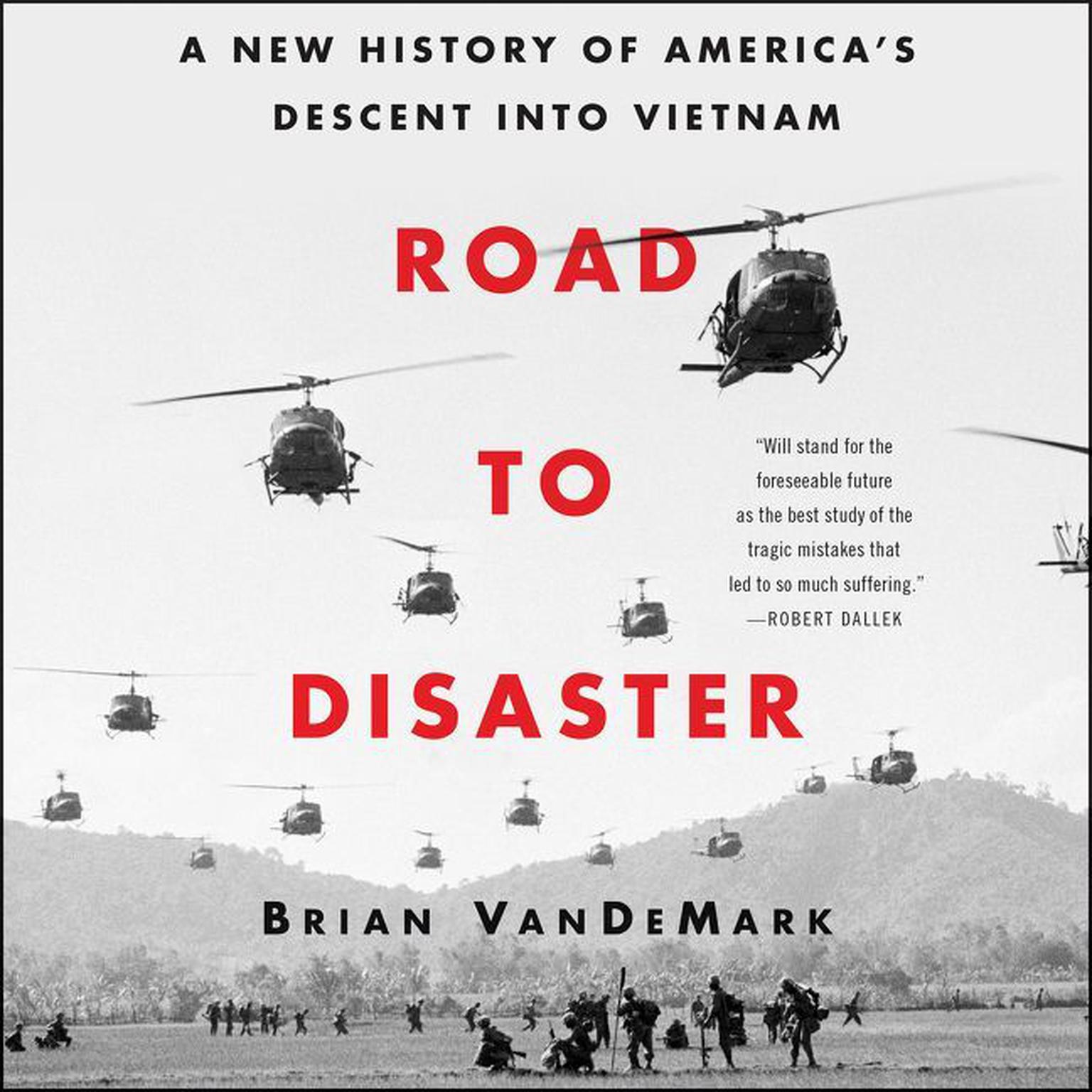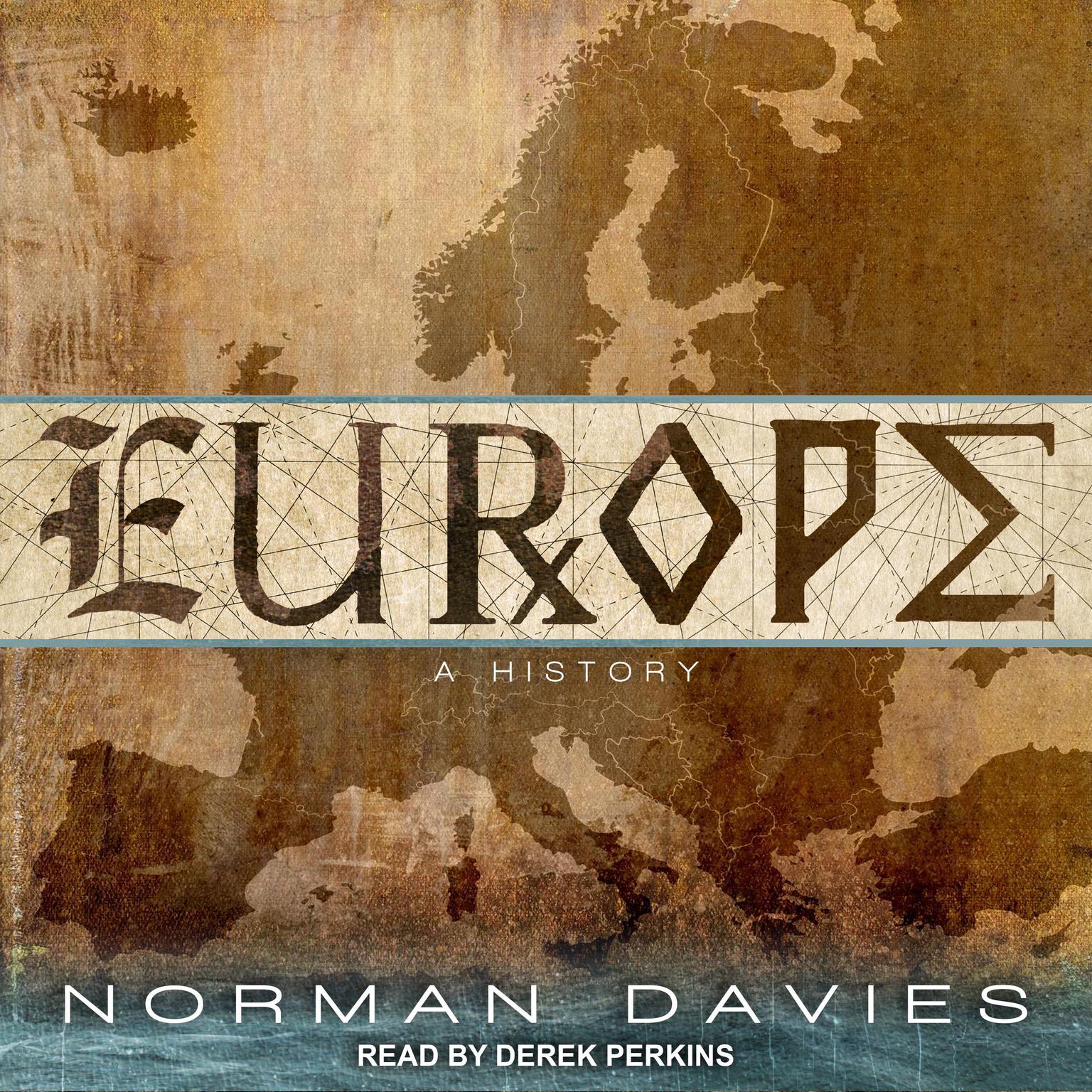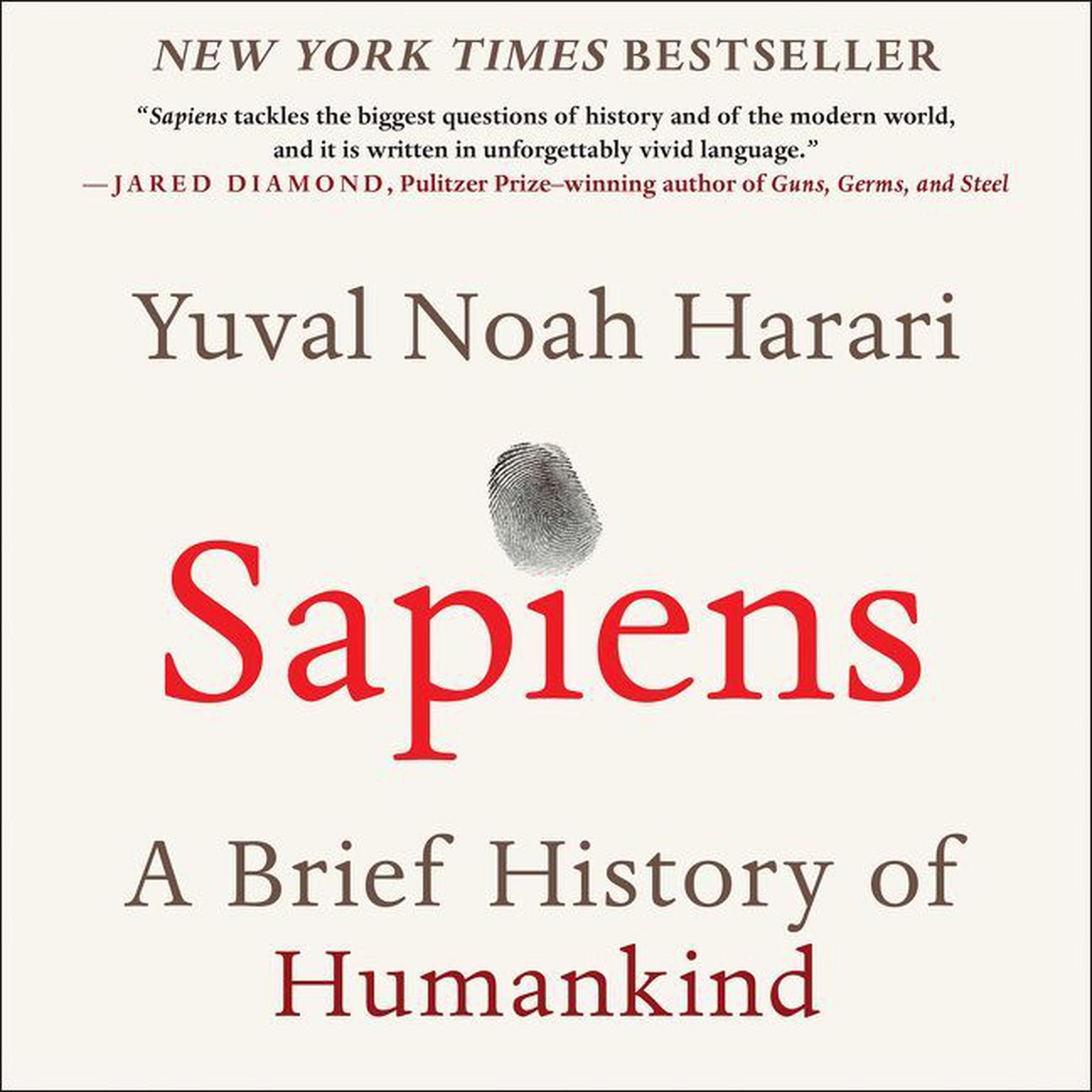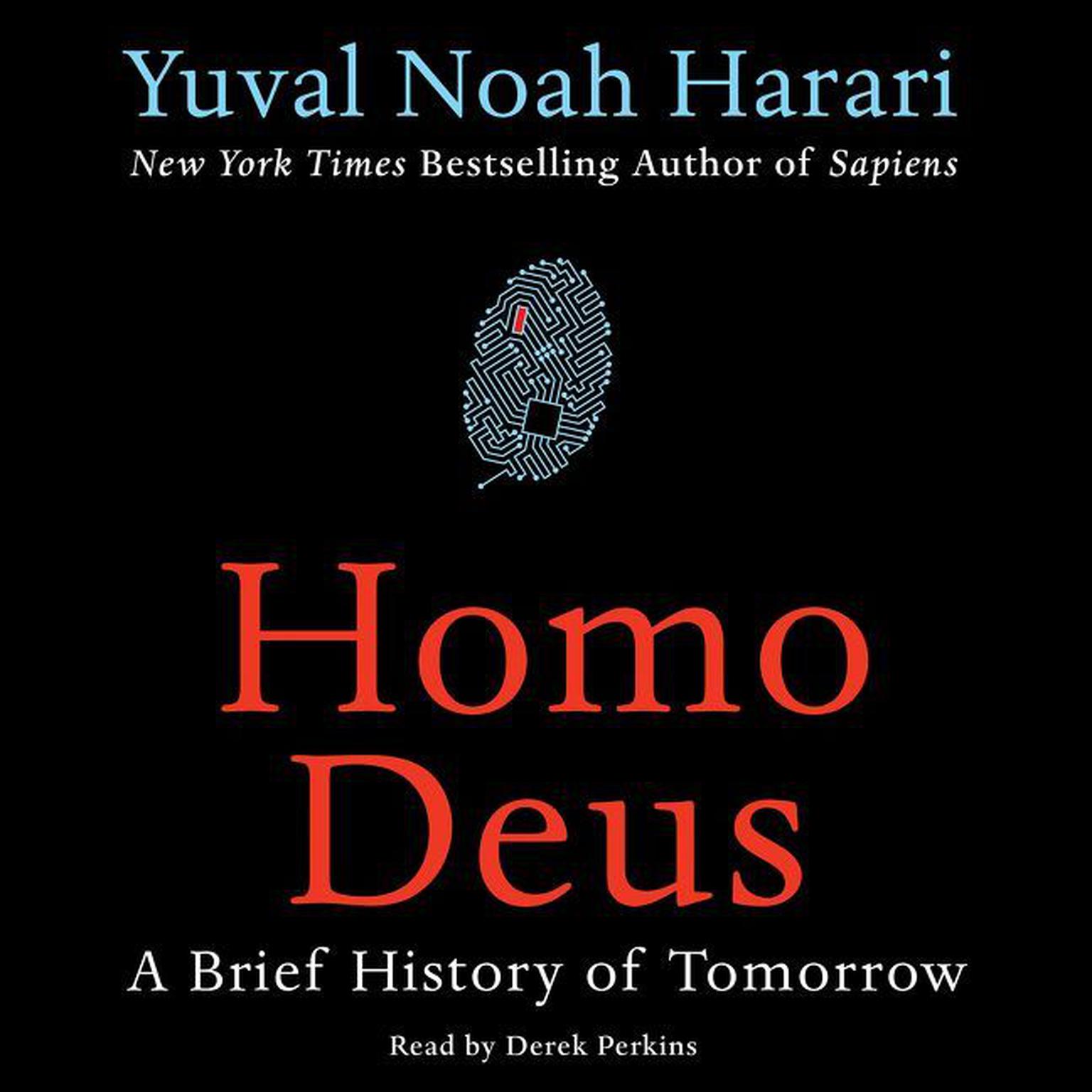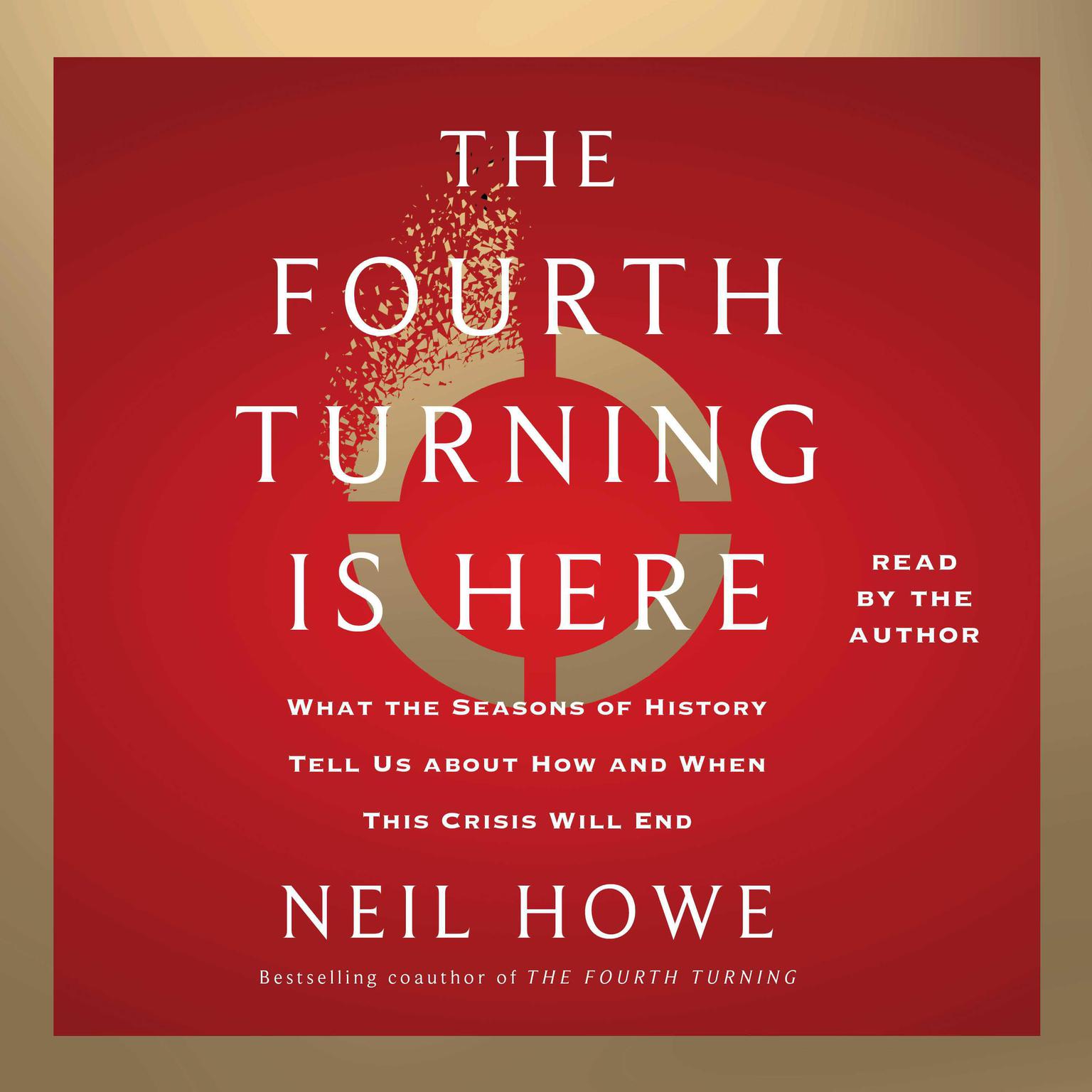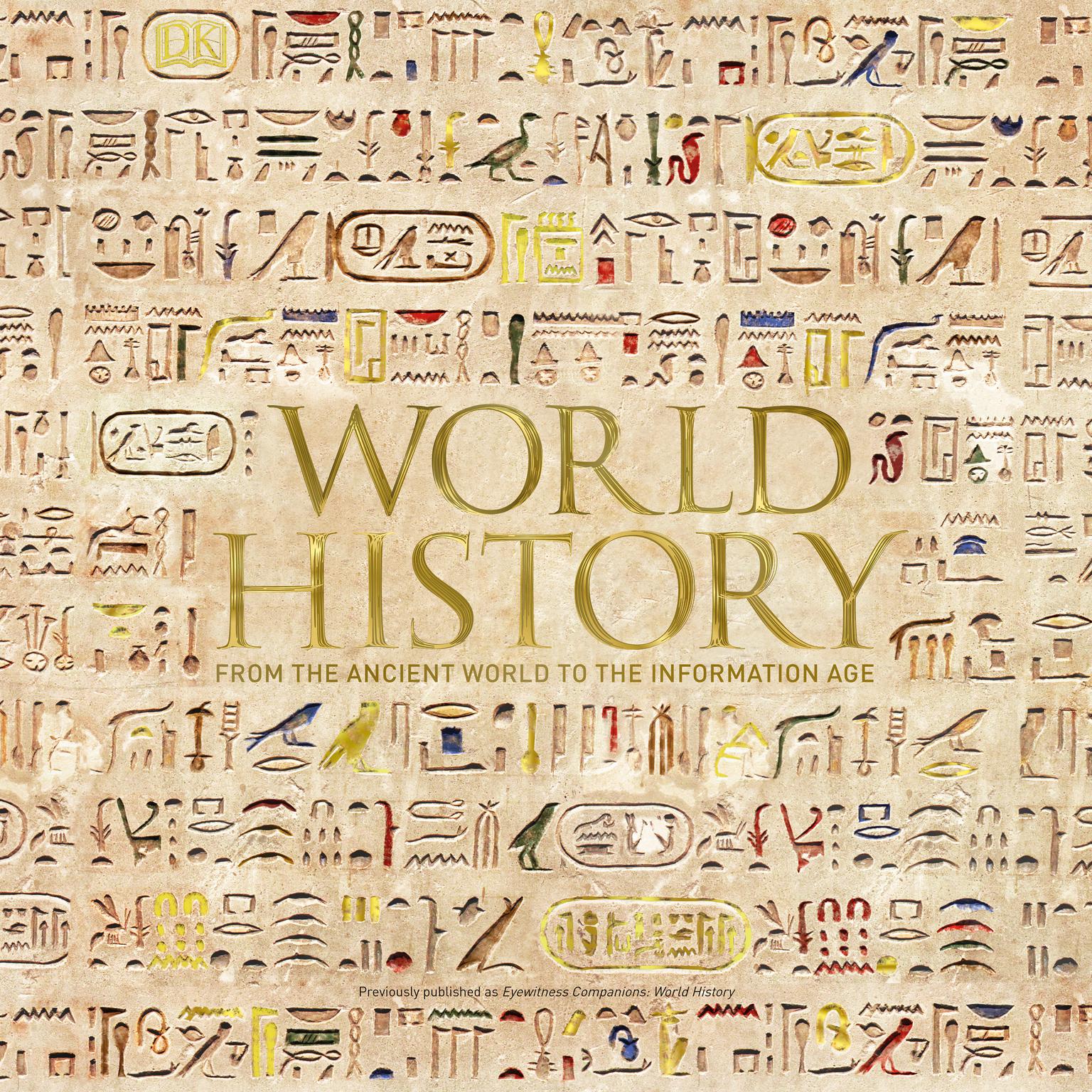Publisher Description
The intensified globalization that ensued after the end of the Cold War has resulted in an unprecedented level of interconnectedness between the economies of all rising and established powers. Economic interdependence makes today’s world a much more complex place than when balance of power theory was initially developed nearly three hundred years ago; traditional balance of power politics does not fully capture great power behavior in the modern era. International relations literature has overlooked the fact that great powers have been using institutions to soft balance each other’s power and aggressive behavior for a long time, alongside hard balancing instruments of arms and formal alliances. Restraining Great Powers places the evolution of balancing behavior in historical perspective. T.V. Paul addresses the role of institutions, limited ententes, and economic sanctions in balancing power or balancing against threat, going beyond the contemporary era and looking back at European history. Rather than relying on a narrow conception of balancing based on military instruments alone, Paul’s important new book examines how subtler and more complex forms of balancing can help states achieve their goals, moving the debate on balance of power in an exciting new direction.
Download and start listening now!
